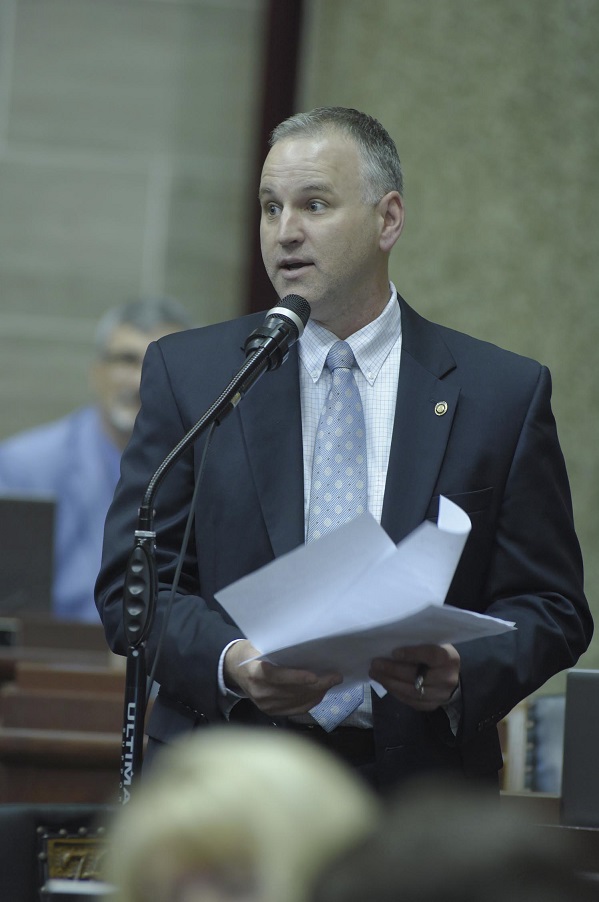Missourians can keep using state licenses at federal facilities and airports through October 10, but it could be up to two years before Real ID compliant Missouri IDs are available under a law effective next month.

The federal Real ID Act was passed after the September 11, 2001 terrorist attacks. Missouri in 2009 adopted a law barring compliance with that Act based on concerns about citizens’ privacy because the Act required them to produce source documents to be stored electronically.
The federal government granted an extension giving the state through October to comply with the Real ID Act. Governor Eric Greitens (R) signed into law last month a bill that would give those Missourians who want Real ID compliant licenses the option of getting one.
The bill’s sponsor, Kansas City Republican Kevin Corlew, said Missouri will continue seeking federal extensions until everything is in place to make compliant IDs available. He said in considering further extensions the Department of Homeland Security will look for evidence that Missouri is moving toward compliance, and the beginning of implementation of House Bill 151 will provide that.
Missouri will need to seek another waiver by January, or at that time current Missouri licenses would not be accepted to get through federal security.
Eventually Missourians who want or need to be able to get through federal security will have to have Real ID compliant licenses. HB 151 lets those Missourians get such IDs. Those who don’t need them won’t have to go through the Act’s more stringent proof-of-identity requirements if they don’t want to.
Corlew said it’s not clear how soon compliant Missouri licenses will be available.
“We don’t have an exact timeline but we’re in the neighborhood of about 12 months, probably, from August 28 when [HB 151] goes into effect,” said Corlew. “Department of Revenue has said even up to two years but I’m hopeful that they’ll be able to roll that out in about a year, but until then we’ll keep seeking the waivers and extensions to make sure that Missouri drivers licenses, as they currently exist, will be proper identification.”
Corlew said there’s nothing Missourians need to do or be concerned about right now, but said those with further questions should contact their local representative or senator, or the Department of Revenue.



